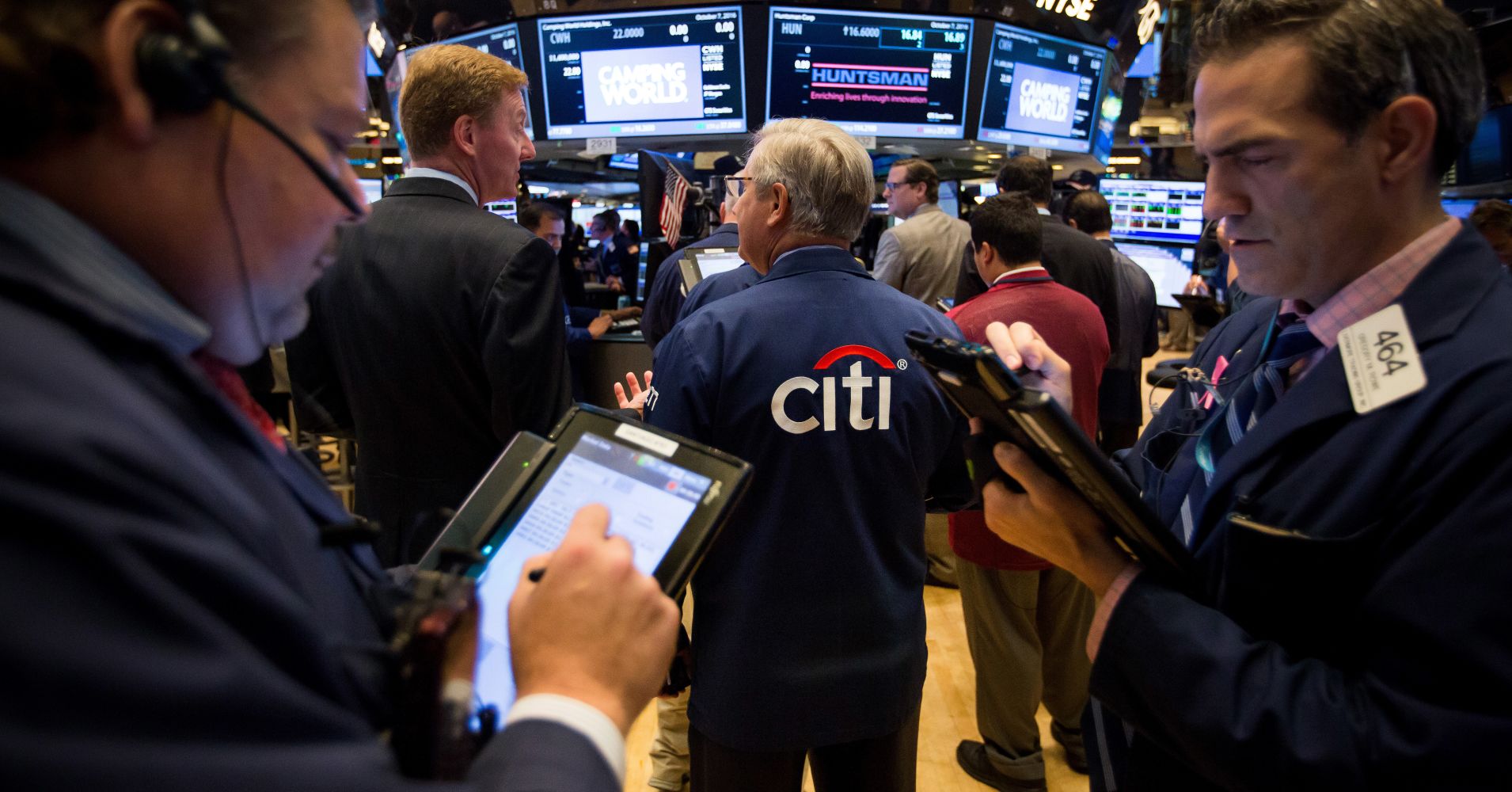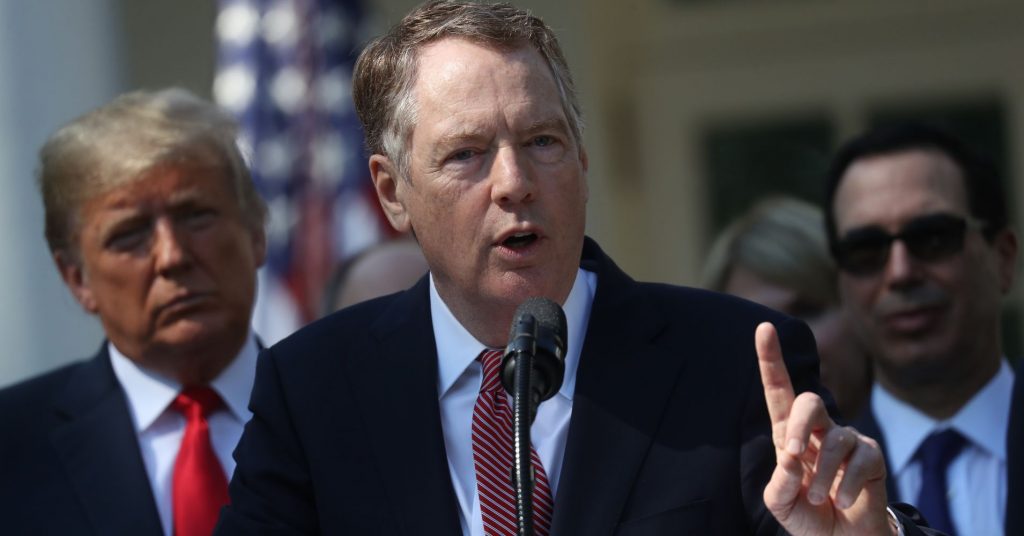
There is a pretty good chance stocks will be higher in a year’s time as positive sentiment has moderated and earnings growth will likely remain strong, according to Citi’s Tobias Levkovich.
“Back in September, we were deeply concerned that investors were too optimistic,” Levkovich, the bank’s chief U.S. equity strategist, wrote in a note to clients. “But sentiment has shifted following the rout of the past two months. Low-end neutral readings argue for a 90% probability of gains in the next 12 months versus September’s 70% chance of a down market – a very marked change.”
Levkovich added that the bank’s “normalized earnings yield gap work, which incorporates both cyclically adjusted P/E ratios and the five-year forward swap contract’s 10-year Treasury yield levels … it implies a 90% chance of an up market in 12 months.”
The S&P 500 fell into a correction recently, dropping more than 10 percent from an all-time high reached on Sept. 21, before rebounding from those levels.
“We understand the anxiety, but the environment is not the same as in 2007, yet the bears are still out,” he said. “Notably, we were concerned in September when most were not, and now we feel more upbeat when others are less sanguine.”
Stocks fell under pressure as investors worried about rising interest rates and the impact a trade war with China would have on the global economy. These two concerns have been quelled, at least temporarily.
On Wednesday, Federal Reserve Chair Jerome Powell said the current interest-rate level was “just below” neutral, hinting at fewer rate hikes down the road. Back in October, Powell said rates were a “long way” from neutral.
Meanwhile, President Donald Trump and Chinese President Xi Jinping agreed over the weekend to hold off on additional tariffs on U.S. and China’s goods for 90 days. This pause lifted equity prices broadly, with the major indexes all trading about 1 percent higher on Monday.
“Admittedly, handicapping the ramifications of trade protectionism is very difficult, as are geopolitical risks, but the endogenous trends are more sanguine even as housing and autos face challenges from higher interest rates,” Levkovich said. “Fortunately, the growth in consumer spending, generally, and the service sector, specifically, provide underlying economic (and thereby earnings) support.”

